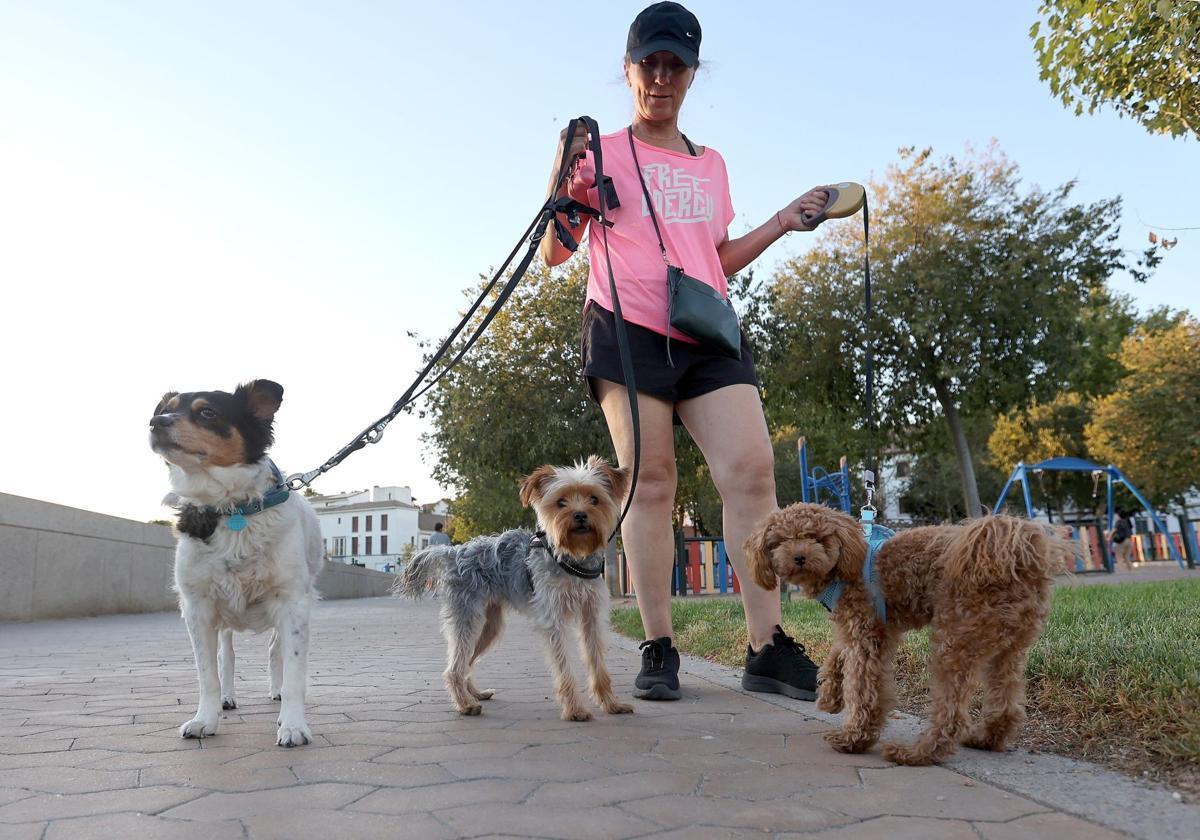Prospective dog owners to be forced to take four-hour online course: these are the new changes proposed to animal welfare law in Spain
Pet owners will also be obliged to take out civil liability insurance that will last throughout the animal's life, with a cover of "not less than 100,000 euros", under the new proposals
Agencies
Malaga
Wednesday, 9 July 2025, 12:28
People who want to own a dog as a pet in Spain will be obliged to pass a training course on responsible ownership, which will be free of charge, can be taken online and will take around four hours. After the course, they will receive an accreditation document that will not have an expiry date.
These requirements are contained in a draft royal decree that develops the Animal Welfare Law of 2023, drafted by the Ministry of Social Rights, Consumer Affairs and Agenda 2030.
This draft is in the public consultation phase until 16 July, allowing anyone who wants to make any allegations do so. The draft has been drawn up with the help and expertise of animal protection organisations, veterinary sector associations and pet breeding professionals.
The draft's main objective is to establish "a minimum and homogeneous content" of the basic breeding, sale and pet possession conditions (includes dogs, cats and ferrets), the basic conditions for the collection of abandoned animals and the management of cat colonies.
In addition, the regulation aims to guarantee the welfare and protection of animal rights through minimum criteria and mechanisms to reduce animal abandonment and uncontrolled breeding.
The courses will be free of charge
One of the regulation's proposals is for prospective dog owners to take a four-hour-long online course. Exempt from this course will be vets and those who have already been signed in the animal behaviour professionals or breeders registry.
The course will be free of charge and valid indefinitely throughout Spain. The certificate will be issued by the ministry once the person has passed the final test (questionnaire). Future dog owners must complete the training no later than six months after the online platform becomes available.
The course will cover, among other things, the following topics: how to choose the future pet; how to take care of it and its health; basics of care, integration into society and activities; the puppy and the senior dog; specific care and responsibilities of the owner.
Liability insurance
Also, all dog owners will be obliged - at the latest six months after the entry into force of the royal decree - to take out civil liability insurance that will last throughout the animal's life, with a cover of "not less than 100,000 euros". The insurance for dogs considered "potentially dangerous" will be 120,000 euros.
This insurance must be taken out no later than 48 hours after the animal is registered and will cover "possible damage caused by the dog to third parties".
Household insurance policies that include in their civil liability coverage for damage caused by dogs to third parties will be valid. This obligation will be extended to dog owners who come from other countries and change their residence to Spain or stay in the country for more than four months.
At least one veterinary check-up per year
The draft of this new royal decree states that all dogs, cats and ferrets must undergo at least one veterinary check-up per year, which may coincide with the compulsory annual vaccination. In the case of breeding males, the vet must also verify their suitability for breeding.
In addition, public administrations may take charge of any pet animal confined in an enclosure or on a property that may be in a state of abandonment due to the owner's neglect. This means that the competent local authority may transfer the animal to a centre for temporary care while the abandonment procedure is being processed.
With regard to cats, the draft regulation proposes protection of cat colonies by local authorities and stipulates that a veterinarian must approve a new destination for colonies that have to be moved or relocated due to the negative impact they may have on the biodiversity of a specific area.
Breeders and registries
In addition to these measures to combat animal abandonment and mistreatment, there are other proposals, such as restricting the irregular breeding of dogs and cats. Only dogs, cats and ferrets listed as "breeding animals" in the regional pet register may breed.
The breeding sector has introduced categories of conventional, specialised and occasional breeders in order to differentiate this activity according to its intensity and the number of animals handled.
For the first time ever, a regulation also proposes to manage the entry in the registry of behavioural professionals in order to prevent entry of untrained individuals.
In addition, the regulation proposes centralised registers for breeders, zoos and animal protection organisations and that all these figures be managed by each region.


Comentar es una ventaja exclusiva para registrados
¿Ya eres registrado?
Inicia sesiónNecesitas ser suscriptor para poder votar.